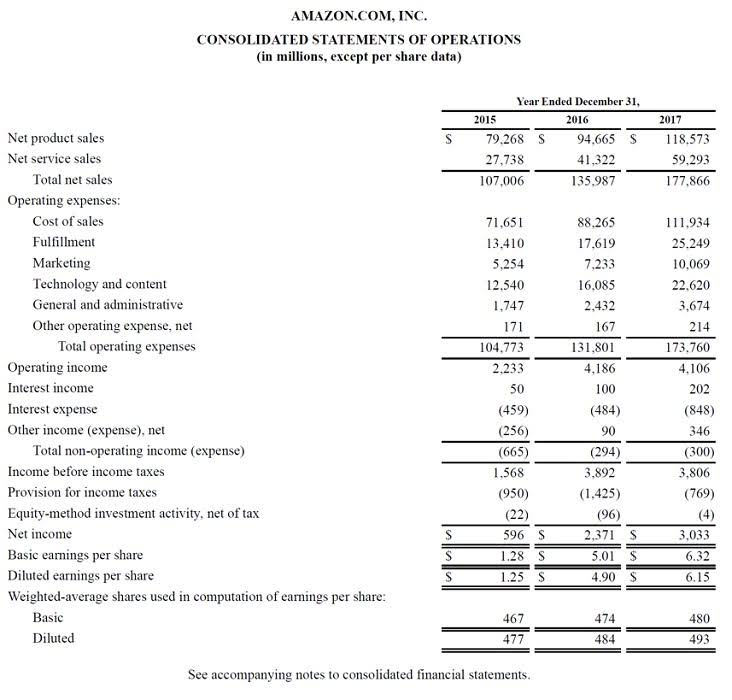
With its audit process, statutory reporting finds and fixes these sorts of errors in an annual report or other statement. Advanced tools such as data checks driven by artificial intelligence can improve this https://www.bookstime.com/articles/bookkeeping-tips by catching errors faster than a manual review process. These platforms also can store and track changes in real time to ensure there are no duplicated efforts or lost data.

Insurance Compact
The need for such compliance has increased the popularity of regulatory reporting roles in the finance industry. Statutory reporting in the insurance industry involves preparing financial statements in accordance with statutory accounting principles (SAP). These principles are set by the National Association of Insurance Commissioners (NAIC) and ensure insurer solvency to protect policyholders.
- Each country in which a company conducts business has its own requirements, and technology can make this process more efficient.
- This financial information allows investors to understand whether insurers are capable of paying insurance claims.
- It is why reporting automation tools are becoming widely adopted by many teams to make a clean distinction between these deliverables.
- For publicly traded companies in the United States, the Securities and Exchange Commission (SEC) mandates several statutory filings.
- These contracts require insurance companies to maintain adequate reserves to fulfill their obligations.
World-class global trade content solutions

Clarity should be the priority when producing reports for submission so that regulators and other stakeholders can quickly comprehend the information provided. All information must be presented clearly and succinctly, without needless jargon or technical phrases, in order to accomplish this purpose. In addition, reports should provide thorough justifications for any departures from earlier periods or projections so that readers may fully comprehend the state of the company’s finances at the time of filing.

Compliance complexity and regulatory risk
- The next step is to collect and organise the necessary financial and non-financial data to be included in the reports.
- GAAP or Generally Accepted Accounting Principles refer to a set of accounting standards and principles issued by the FASB or Financial Accounting Standards Board.
- It entails the creation and delivery of legally necessary reports to important parties, including regulators, investors, and external auditors.
- Statutory accounts refer to a company’s financial reports that are prepared in accordance with legal and regulatory requirements.
- By engaging in statutory reporting, corporations avoid significant fines, maintain their financial accuracy, and ensure timely submissions that meet all local compliance standards.
- The insurance industry provides a classic example of reporting based on Statutory Accounting Principles.
This helps financial teams anticipate future needs and comply with changing rules, reducing the risk of costly mistakes or penalties. A key factor is the ability of a technology solution to integrate with your existing systems. This allows you to use current data sets without manually entering data into multiple platforms. It also ensures that changes in one system update across all related documents, reducing errors from manual input or outdated information. PwC refers to the US member firm or one of its subsidiaries or affiliates, and may sometimes refer to the PwC network. This content is for general information purposes https://odean.lk/11-effective-ways-to-scale-a-business-top-6/ only, and should not be used as a substitute for consultation with professional advisors.
What Is Statutory Reporting? A Clear Definition
Overlooking statutory reporting requirements can lead organizations down a perilous path, fraught with legal entanglements, reputational setbacks, operational hurdles, and financial distress. Assembling a statutory filing requires a specific and highly detailed set of information that goes beyond standard financial reporting. The package is built around core financial statements prepared according to statutory rules, which are supported by extensive schedules and narrative disclosures.

Model Laws

In contrast, GAAP emphasizes a more comprehensive view of financial performance, allowing for a wider range of asset and liability valuations. In recent years, statutory accounting principles have gained traction among professionals due to their stringent regulatory requirements and specific industry applications. If you’ve found yourself wondering what SAP entails and how it statutory reporting differs from Generally Accepted Accounting Principles (GAAP), you’re not alone. This guide aims to demystify SAP, explaining its importance, applications, and how it impacts various business functions. Every company can face a unique set of challenges when it comes to statutory reporting. PwC’s community of solvers come together in unexpected ways to help drive the tech-powered transformation you need.